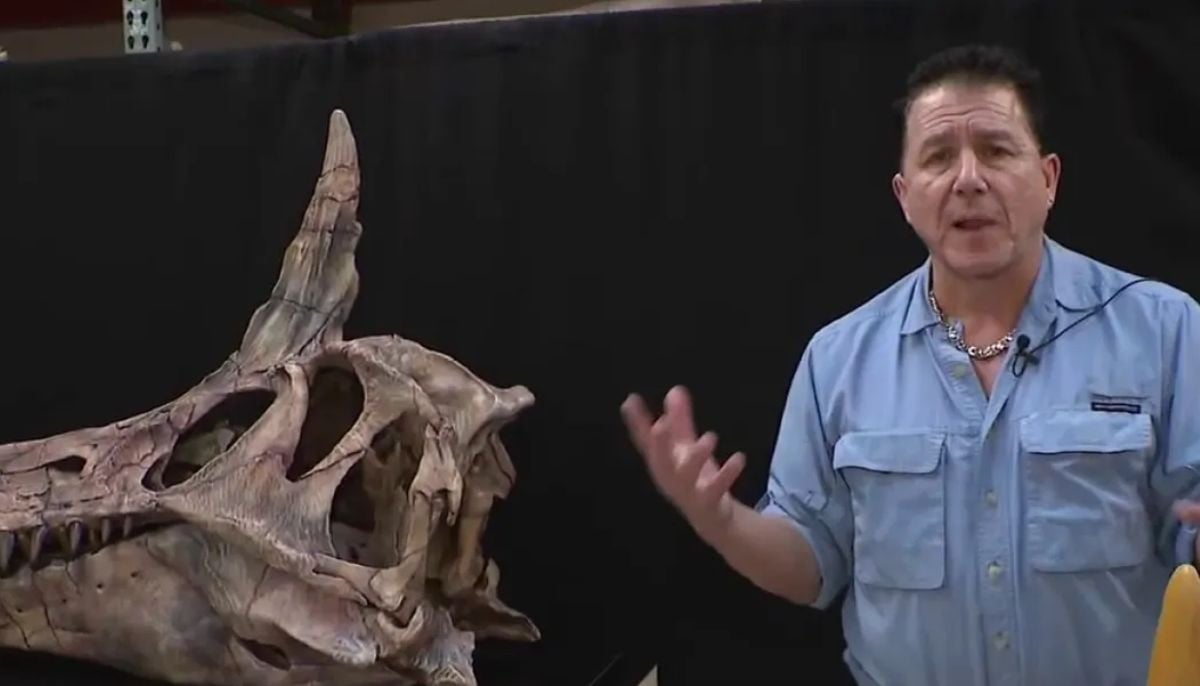Ricult raises $1.85m to improve smallholder farmer profitability with digital tech platform
Ricult, a fintech startup, with offices in Philadelphia, Bangkok and Lahore, aims to empower small farmers in Asia unable to access traditional forms of credit.
The company integrates alternative-credit risk metrics with crop and weather information to determine farmers’ creditworthiness. Rather than lending money, it lends farming inputs and couples them with data and agricultural advice to help farmers be more productive.
“The biggest reason why microfinance institutions haven’t been able to alleviate poverty in developing markets is that they only focus on one part of the problem by providing credit,” says Usman Javaid, CEO of Ricult, a fintech data platform and marketplace for smallholder farmers. “I’m a firm believer that you need to address the entire value chain.”
Smallholder farmers in various developing markets largely rely on middlemen and loan sharks to access credit but also for other services including purchasing inputs and selling their crop, says Javaid. “These middlemen charge exorbitant rates of around 200% per annum, and it’s a very exploitative and abusive relationship that can get very rough and even involves murder if farmers fail to pay them back.”
Ricult, which just raised $1.85 million in seed funding and is backed by the Bill & Melinda Gates Foundation, aims to do just that with a digital platform emulating the services these middlemen provide but transparently and at reasonable rates.
The platform, that’s accessible from any type of telephone, assesses a farmer’s creditworthiness when they register using predictive psychometric tools and credit scoring algorithms. It then provides them with the farm inputs they need dependant on the characteristics of their farmland. Using weather, satellite, soil analytics and other geospatial data streams, Ricult uses machine learning algorithms to map spatial variations in crop and soil conditions to accurately suggest inputs that ensure optimal crop growth.
Ricult also provides farmers with the information they need to help them grow more successfully — such as pest attack and weather forecasts.
“One of the biggest problems in developing countries is that if you give a farmer cash, he will use it for anything and everything but not agriculture,” says Javaid. “We give an in-kind loan of inputs delivered to their doorstep and accompany that with insightful and actionable agronomic data from optimal sowing times to yield forecasts.”
After harvest, Ricult aims to connect farmers directly with end buyers at processing mills, giving them clear transparency on the end pricing. Javaid says Ricult marks up the cost of the inputs for three times lower than farmers were paying before, and on the other end charges the processing mills for access to these farmers. The buyers are happy to pay this fee as Ricult provides them data in return that they wouldn’t usually get, such as yield forecasts or which inputs were used as well as traceability, according to Javaid.
Ricult promises to pay farmers within 48 hours, which is a huge departure from their current situation.
-
Astronauts face life threatening risk on Boeing Starliner, NASA says
-
Giant tortoise reintroduced to island after almost 200 years
-
Blood Falls in Antarctica? What causes the mysterious red waterfall hidden in ice
-
Scientists uncover surprising link between 2.7 million-year-old climate tipping point & human evolution
-
NASA takes next step towards Moon mission as Artemis II moves to launch pad operations following successful fuel test
-
Spinosaurus mirabilis: New species ready to take center stage at Chicago Children’s Museum in surprising discovery
-
Tesla expands Cybertruck lineup with affordable model in US, slashes Cyberbeast price to boost demand
-
Climate change vs Nature: Is world near a potential ecological tipping point?












